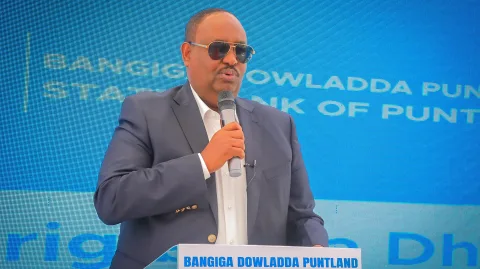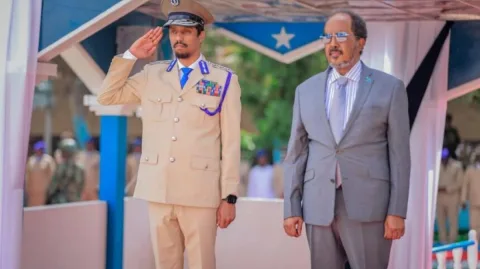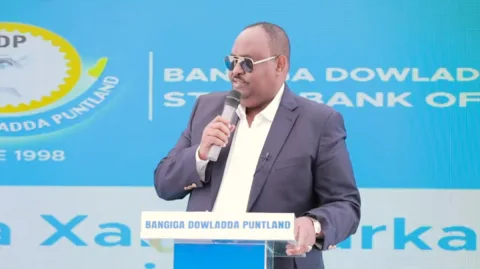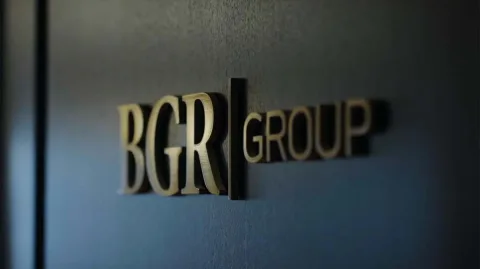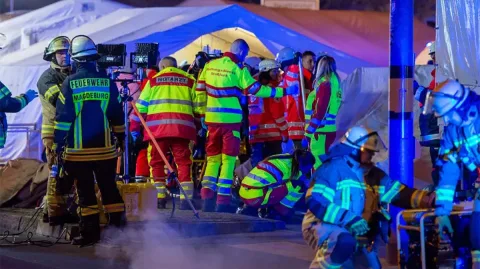After years of neglect, Somali’s agriculture on Tuesday got a boost that will see thousands of…
 After years of neglect, Somali’s agriculture on Tuesday got a boost that will see thousands of farmers receive support from the European Union (EU) and African Union InterAfrican Bureau for Animal Resources (AU-IBAR).
After years of neglect, Somali’s agriculture on Tuesday got a boost that will see thousands of farmers receive support from the European Union (EU) and African Union InterAfrican Bureau for Animal Resources (AU-IBAR).
EU and AU-IBAR jointly launched in Mogadishu a new project to further strengthen animal health service delivery in Somalia and promote livestock production for 250,000 Somali pastoralists and sustain export, according to an official statement.
Based on years of successful cooperation in the Somali livestock sector, the new 4 million euros (5.4 million U.S. dollars) project “Reinforcing Animal Health Services in Somalia” (RAHS ) aims at enhancing the quality, access and sustainability of animal health services delivery in Somalia, the statement said.
According to the United Nations’ Food and Agriculture Organization (FAO), the livestock sector is Somali’s economic mainstay as it marks the largest contributor to Somali livelihoods with over 65 percent of the population engaged in some way in the industry.
But the industry has been in decline after 23 years of conflict that forced farming communities out of their areas and persistent drought that wiped out much of the country’s livestock affecting farmers livelihoods.
“The project will contribute to increased income and reduced food insecurity for more than 250,000 households countrywide,” the EU-AU said in a statement.
Although exports of livestock and their products account for 80 percent of exports in normal years, they have been periodically interrupted by droughts and international bans such as the one imposed by Saudi Arabia in 2000, according to FAO.
However, livestock exports continue to be the largest traded commodity in Somalia, it added.
The newly launched project aimed at sustaining the private sector-led economic growth in the livestock sector in Somalia, and “strengthening capacities and public-private partnerships.”
Somalia exports various kinds of livestock including cattle, goats, and camels to various countries in the Arabian Gulf.

